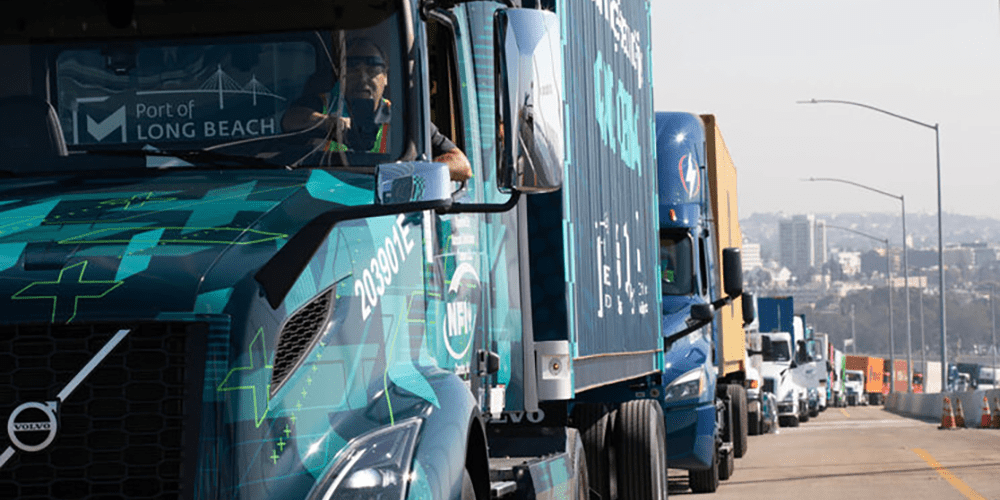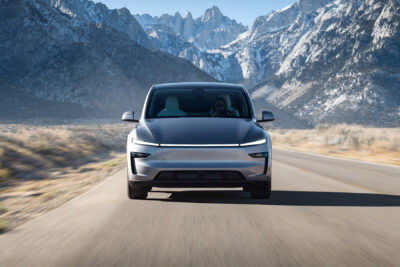Major truck makers pledge to go zero-emission by 2040
Europe’s leading truck manufacturers just pledged to no longer produce diesel trucks from 2040. However, the industry together with the Potsdam Institute for Climate Impact Research also points to politicians having to prepare the ground.
The joint statement just published unites the climate researchers with Scania, Daimler Truck, Volvo Group, CNH Industrial, MAN Truck & Bus, DAF Trucks and Ford Trucks under the umbrella of the ACEA. Together they formulate comprehensive measures for the transition for the diesel-reliant heavy-freight industry and pledge to build only zero-emission trucks, latest from 2040.
Reads the statement: “Carbon-neutrality by 2050 at the latest implies that by 2040 all new commercial vehicles sold must be fossil-free. And this is a pledge that the commercial vehicle industry is making now for the first time.”
This is a “paradigm shift” indeed and, as follows the paper, “Not only are we convinced that it is necessary, we know it is possible, and we are ready to make it happen.” And to do so, they want to focus on long-haulage transport as it “is where the big gains are.”
Well roared, lion, we are tempted to say. It is just, the supply of such heavy-duty zero-emission vehicles has been slow. New players like Tesla and Nikola have been on it and BYD and Toyota have been making gains so far. The established European industry may change faster now and state that “Battery electric vehicles are the first zero-emission technology to reach the truck market, and will be immediately followed by hydrogen-powered trucks.”
They also turn to politicians to help get the infrastructure ready. However, this time, they are not necessarily calling for mega chargers but for the grids to be made ready.
Reads the statement: “Although the roll-out of charging stations will demand great efforts from all players, it is the easier part of the puzzle. The main concern is access to electricity grids with adequate capacity. There are transport companies ready to invest in electric solutions, but the lack of grid capacity where they are based is making it hard, if not impossible – at least in the short term.”
We are tempted to bring out the lion again, also when reading on and finding the industry calling for “comprehensive carbon pricing” flanked by disincentives for diesel. States the industry: “The full range of policy options, such as the inclusion of road transport in the emission trading system, road charges based on CO2 emissions, and an energy taxation system based on carbon and energy content, should be urgently considered by policy-makers. Sound CO2 emissions pricing might be the single most effective policy to achieve the transition towards a safe and clean climate future.” Roar on.
acea.be (full statement)





0 Comments